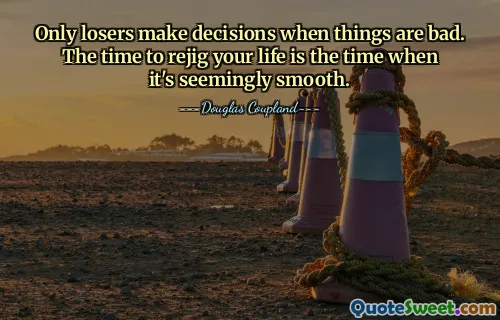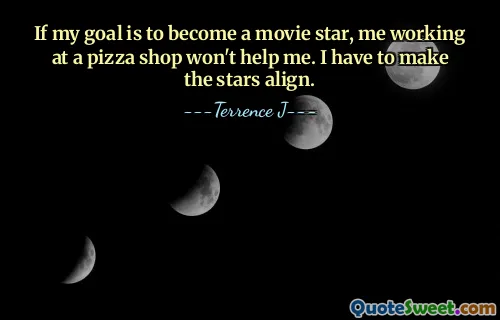
Uncertainty is a temptress. We may try our best to avoid her. But what is certain is that at some point of time, she will find us. The only question that remains is whether like Medusa, she will paralyze you, or whether like one of the nine muses of ancient Greece, she will drive you to greater things.
This quote vividly paints uncertainty as a compelling force that inevitably touches every life. The metaphorical personification of uncertainty as a temptress suggests that despite our resistance or fears, uncertainty has an alluring and inescapable presence. Our attempts to avoid it might stem from a desire for control and predictability, yet the reality is that uncertainty is an intrinsic part of the human experience—inevitable and unavoidable. What resonates deeply is the duality presented here: uncertainty can be a paralyzing force, much like Medusa, whose gaze freezes victims in place. This paralysis can manifest as fear, indecision, or stagnation. Conversely, uncertainty can also be a powerful motivator, akin to the nine muses of ancient Greece who inspire creativity, innovation, and progress. This framing invites us to reconsider our relationship with the unknown; rather than fearing it, we might embrace it as an impetus for growth. Choosing to view uncertainty as a muse encourages an open mindset, one that sees challenges and ambiguous situations as opportunities to explore new paths and unlock greater potentials. It highlights that resilience and adaptability in the face of the unpredictable can lead to profound personal and professional transformations. Ultimately, this nuanced understanding provokes reflection on how we respond to life’s inevitable uncertainties—is our reaction rooted in fear and immobilization, or are we inspired to rise despite the unknown? The choice impacts not only our outcomes but also our inner strength and creativity.






